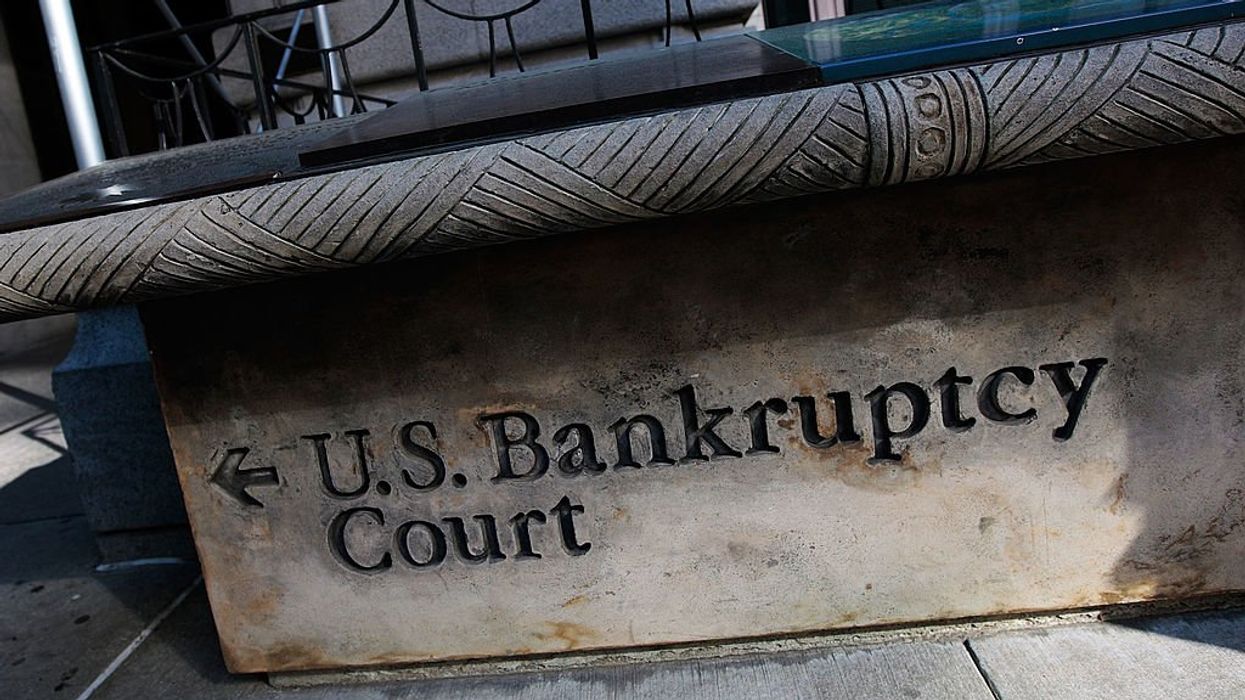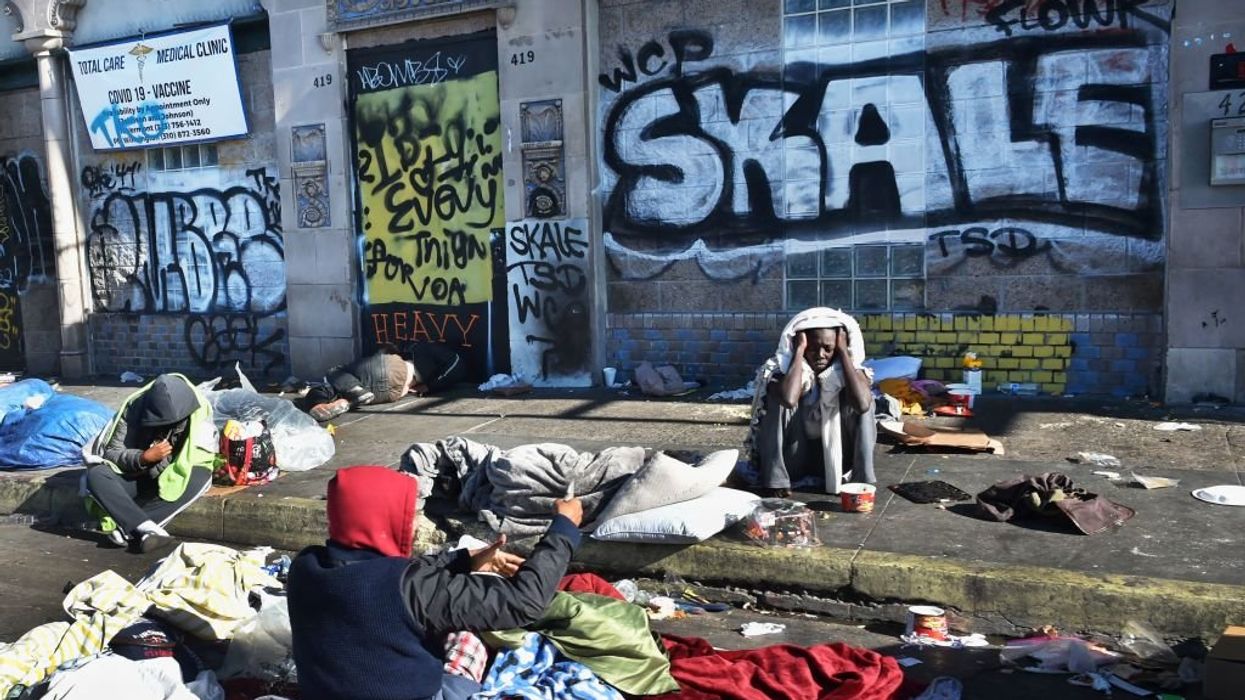This week marks the 77th anniversary of the Nazi-Soviet Pact of 1939. Most people know nothing about this treaty, assuming, if anything, it was two countries agreeing to a truce. Far more than a peace treaty, the Nazi-Soviet Pact allowed Germany to invade portions of Eastern Europe and accomplish the unthinkable.
While the United States did fight alongside the Soviet Union late in World War II, many forget that the Soviets and Germans were allied early on as part of Hitler's strategy.
RELATED: Mockumentary ‘Look Who’s Back’ Brings Adolf Hitler to Life in Modern Day
"He didn't think he had enough firepower to fight a two-front war, so he kept them at bay with this treaty and wound up killing everybody else, and the Soviets stood by and watched and did a bunch of their own stuff. It wasn't until after that we wound up allying with them. I mean, it's a really terrible and overlooked moment of history, particularly in that war," Co-host Stu Burguiere said.
Ilya Somin, law professor at George Mason University, joined The Glenn Beck Program on Friday to discuss his new book, Democracy and Political Ignorance: Why Smaller Government is Smarter. Somin, who lost family members directly because of the Nazi-Soviet Pact, is an expert on the subject.
"One of the immediate results of the Nazi-Soviet Pact was the war between the Soviet Union and Finland, which the Soviet Union invaded Finland because, as part of their agreement with the Germans, Finland fell within the Soviet sphere," Somin explained.
His great uncle was a Russian soldier who was killed in the Russo-Finnish War.
"I also lost a large number of other relatives to the Holocaust and World War II, more generally, and the Nazi-Soviet Pact played a major role in all of that as well," Somin said.
Glenn then asked about Somin's belief that the Nazi-Soviet Pact was one of the biggest mistakes for peace in world history.
"I think it's actually worse than a mistake. The Munich agreement between the British and the French and the Nazis, that was a mistake in that Neville Chamberlain, I think, genuinely wanted peace, but he badly screwed up on how to get it. On the other hand, the agreement between Stalin and Hitler was not just a mistake; it was an actual crime. Because these were two brutal mass murdering dictators who deliberately sought to carve up much of Eastern Europe between them, in ways that led to mass murder and enormous suppression for many millions of people. So there were some mistakes involved, perhaps especially on Stalin's part, but fundamentally it was much worse than merely a mistake," Somin said.
How the Nazi-Soviet Pact ended is of some dispute between historians, although Somin has a preferred theory.
"I think the most plausible theory is that Stalin saw a couple different advantages in signing the deal with Hitler," Somin said.
Out of curiosity, Glenn asked who Somin considered the most evil --- Mao, Hitler or Stalin.
"How would you rank them? Because the world would always put Hitler up at the top," Glenn said.
"It depends on how you want to do the ranking. If you just want to rank it by the number of innocent people that they slaughtered, Mao would have to rank at the top. Probably as many as over 40 million people, which is more than the number of victims of Stalin and much more than the number of victims of Hitler. You could say, however, well, that was just because Mao ruled a country with an enormous population for 27 years, whereas Stalin ruled a country with a smaller population than China. And Hitler had only 12 years in power," Somin said.
The professor had a more relevant approach to analyze the three evil men.
"What I think is important to remember, at the very least, that the three of them are comparable evils. Although historians are certainly aware of the crimes of Mao and Stalin, they get much less press and much less attention than those of Hitler do. And I think that's unfortunate, even though as I mentioned before, I certainly lost relatives in the Holocaust. I have no desire to minimize Hitler's crimes in any way," Somin said.
Democracy and Political Ignorance: Why Smaller Government is Smarter is available at bookstores everywhere.
Listen to this segment from The Glenn Beck Program:
Featured Image: A woman holds up cards featuring (from L to R) Mao Zedong, Josef Stalin, Nicolae Ceausescu and Adolf Hitler from the 'Das Fuehrer Quartett' (Tyrant Quartet) card game at a Berlin shop on July 17, 2008. The game is based on a popular German children's card game called Quartet, (in English 'Happy Families'). In this version, the cards present pictures and information on notorious historical figures such as Joseph Stalin, Francisco Franco and Adolf Hitler. (Photo Credit: JOHN MACDOUGALL/AFP/Getty Images)

















